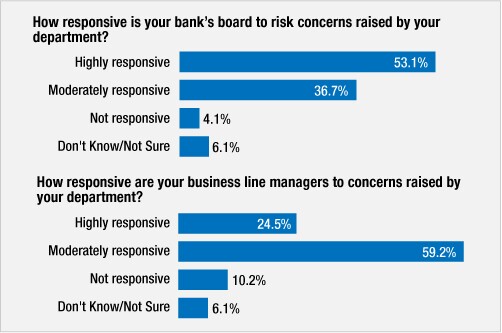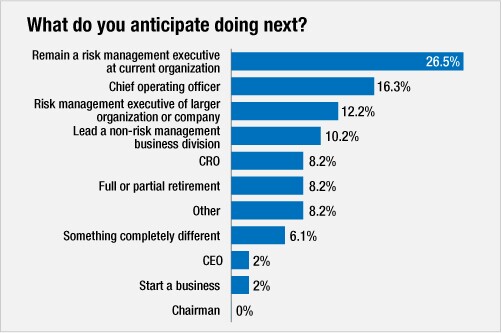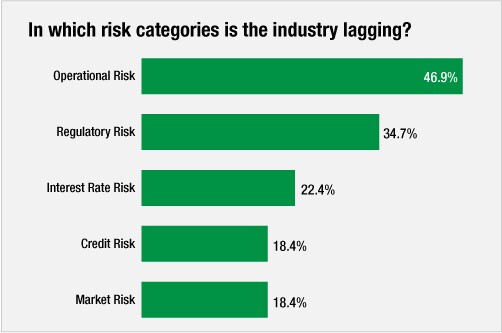

Compliance Demands Pile Up

CROs Have Diverse Backgrounds

Coping with Change

Your Board Is Listening

What's Next for Risk Managers?

Risk Management Still Has Room to Improve









Many businesses are slow to adopt payment automation. Amex shared new B2B research with American Banker, and execs R.J. Ancona and Widad Chaoui discussed the firm's strategy to lure corporates to digital payments in an interview at the recent Payments Forum conference and over email.
The task force terminated vendor contracts at the Department of Housing and Urban Development worth a combined $305 million, according to its wall of receipts.
As the Senate Banking Committee meets to consider landmark stablecoin legislation today, the banking industry is beginning to wake up to what some experts say is an existential threat.
Disaster relief is capturing a large share of philanthropic giving from banks such as Truist Financial and Western Alliance Bank.
The U.K. axed its payments regulator in an effort to reduce red tape as part of the prime minister's Plan for Growth. The move was lauded by industry, but some are concerned the FCA won't give payments the attention they deserve.
Sen. Mike Rounds, R-S.D., has filed a Congressional Review Act resolution to repeal the Consumer Financial Protection Bureau's rule barring medical debt from credit reports.